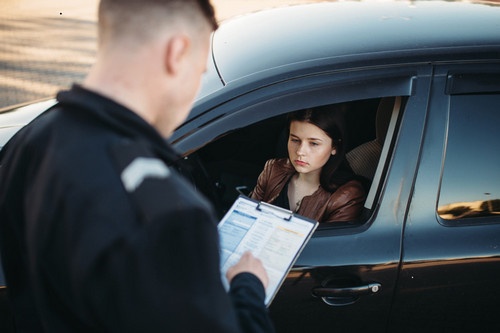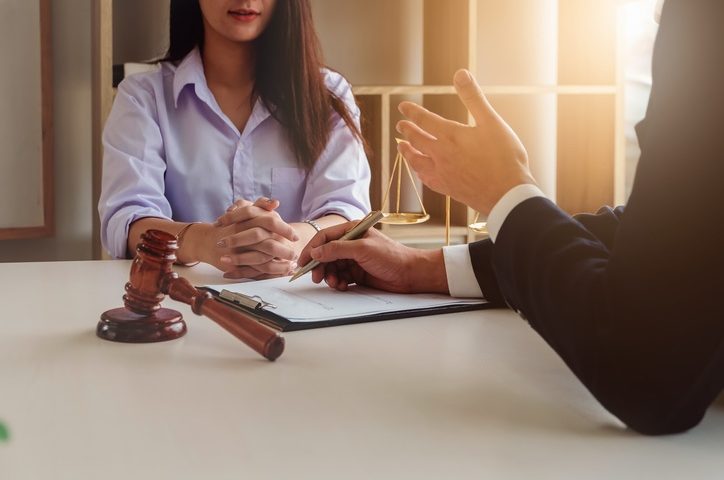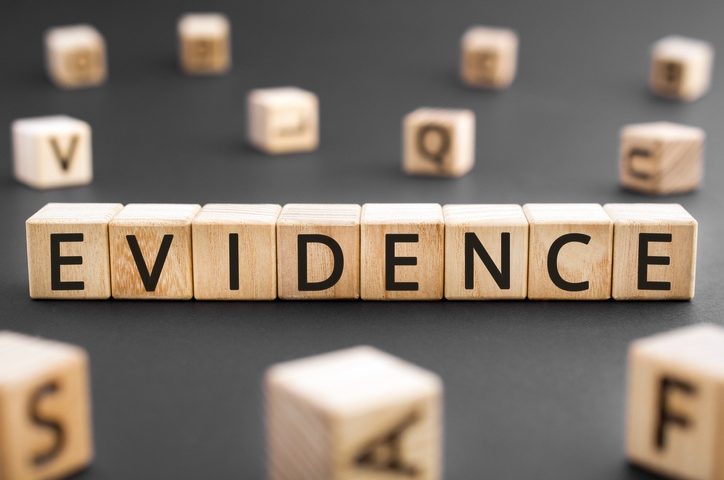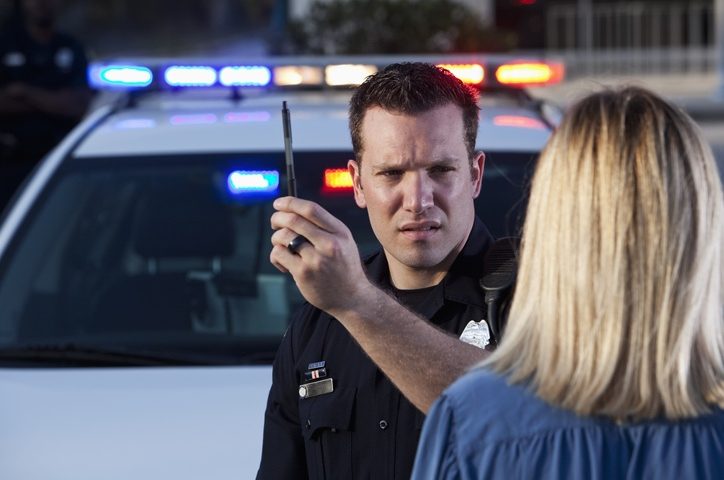
What is the DWI Legal Process in Houston, Texas?
Call Houston DWI Lawyer Clyde W. Burleson at ☎ 713-628-1503 For a Free Consultation
The DWI legal process is actually comprised of two separate processes: 1) a criminal proceeding where you can face severe penalties (i.e. jail, fines, ignition interlock) and collateral consequences (i.e. job loss, losing your CDL, losing your CHL) and 2) an administrative proceeding where your driver’s license will be suspended unless you act quickly. Especially in the case of first-time DWI offenders, the DWI legal process can be scary and confusing. The people you meet along the way aren’t there to teach you the process. Their job is to process you through the system as quickly as possible. They are not your friends. They have no obligation to help you in any way.
In many cases, this leads people to accept a guilty plea as a way to “put it behind them.”
If you take anything from this article, please know these 2 truths;
- Do NOT plead guilty – The court doesn’t care if you’re accountable and honest, they will give you the maximum penalties available with zero concern for you or your families future.
- Hire a DWI Lawyer – You have no idea how the system works or how to get a DWI case dismissed. Maybe you’re thinking “I did the crime so I need to be accountable. ” You still need representation or you will find the penalties far outweigh the crime. Don’t be naïve, the court doesn’t care.
A DWI lawyer will walk you through the entire process and make everything clear. That fact alone is enough to make the first call you get to a proven Houston DWI attorney.
The steps below are a simplification of what you may expect as part of the DWI legal process in Houston.
DWI Arrest
If you are reading this now, you are probably familiar with the arrest process. You were arrested by police. The arresting officer had probable cause. They may have gained this evidence because you failed field sobriety tests or registered over a .08 blood alcohol concentration (BAC) on a breathalyzer test. In Texas, you may have been arrested for DWI with a BAC under .08, which is not only legal but is part of the duel definition of intoxication under Texas Penal Code 49.04 which defines “intoxicated” as:
- Not having the normal use of mental or physical faculties by reason of the introduction of alcohol, a controlled substance, a drug, a dangerous drug, a combination of two or more of those substances, or any other substance into the body; or
- Having a BAC of 0.08 or more.
Once arrested, the arresting officer will read you your rights. These rights include the right to remain silent and if you were smart, this is what you did. If not, all the more reason to hire a DWI lawyer who can work on your behalf.
Getting Booked Into The System
The most harrowing part of the entire process is when you are taken to jail. You are put into a holding cell until your name is finally called by a jail administrator. You are asked a number of questions that are recorded into the police database. This includes personal information which is used to look up any prior arrests. You are photographed, fingerprinted and all this information goes on display in a public record. You are then put back in holding with all your new friends, some of whom may have killed somebody. There you will sit until you are bonded out.
Release on Bond
In most DWI cases, you will be given the opportunity to be released on bail that is either paid entirely by you or posted by a bond company in exchange for you offering up some sort of property as collateral. Bail is a monetary promise that you’ll come back for your court case. If you do not return, the bail monies are forfeited and you have a warrant put out for your arrest.
In cases with no criminal background, you may be offered release on a personal bond. While considered a “get out of jail free” card, a PR bond puts you on probation immediately. The probation requirements are both numerous and confusing. Many after the fact wished they had just payed the bail amount.
You are released with a copy of the charges against you, a notice of your administrative license revocation (ALR) and a receipt for your bond if applicable.
The ALR Hearing – You Only Have 15 Days or You Will Lose Your License
When you are arrested for A DWI, you are given a DIC-25 Notice of Suspension and Temporary Driving Permit which indicates that the Texas Department of Public Safety has begun the process to suspend your license to drive. The paperwork is deceptive at best and leads you to believe you have no options. However, if you review the REALLY small print at the bottom of page 1, you’ll see it says” You may request a Administrative License Revocation Hearing to contest the suspension.” The request for hearing must be received by the Texas Department of Public Safety no later than 15 days after you receive or are presumed to have received notice of suspension.
If you don’t request a hearing, you have waived your rights. Your license will be suspended 40 days after the notice of suspension. If you failed a blood or breath test it will be suspended for a period of at least 90 days. If you refused testing, you license will be suspended for at least 180 days.
The ALR Hearing Benefits Your DWI Defense
The ALR Hearing can also help in your criminal case. Since the ALR hearing is a civil proceeding, your lawyer can request discovery and subpoena witnesses – such as the arresting officer. With this strategy, you can often get paperwork or unprepared witness testimony that can benefit the criminal proceeding.
The Arraignment – Keeping You Out Of Jail & Your Future Intact
This is your first court date and possibly the date you’ll want the services of a DWI lawyer the most. It is very intimidating. You’ll hear what you have been charged with, what evidence the prosecution has against you and any statutory penalties. At this time, you can plead guilty or not guilty.
There is no benefit to pleading guilty in most situations. DWI Penalties are harsh, even the penalties for a first-time DWI. The collateral consequences of a DWI are often even more devastating.
Here’s where hiring a DWI lawyer is a necessity. You should plead “not guilty” and get more time for your attorney to further investigate your case, review the evidence against you and build a strong DWI defense to either get your case dismissed or put you in a better position to negotiate with the prosecutor for a plea deal.
DWI Trial
If you and your lawyer decide to go to trial, you will receive a trial date. That day, your attorney will argue your case before judge and jury. The prosecution is required to prove each element in the case beyond a reasonable doubt. Your lawyer will challenge the evidence in an attempt to cast reasonable doubt. They will review how procedures were followed and how evidence was handled. He will call witnesses that support your case and question those who are part of the prosecution’s case.
Sentencing for DWI
If convicted you will have a sentencing hearing where your punishment will be handed down.
Hire a DWI Attorney to Get You Through the DWI Legal Process
The DWI legal process is not a simple one. The example above is fairly common, but does not take into account any additional charges or enhanced offenses that only add to the skill and experience required to guarantee the best result for you or a loved one.
If you or a loved one have been arrested for DWI in Houston, call Clyde W. Burleson, P.C. at 713-628-1503 and have him lead your DWI defense, effectively communicate the process, walk you through what your options and get you the best result possible.




